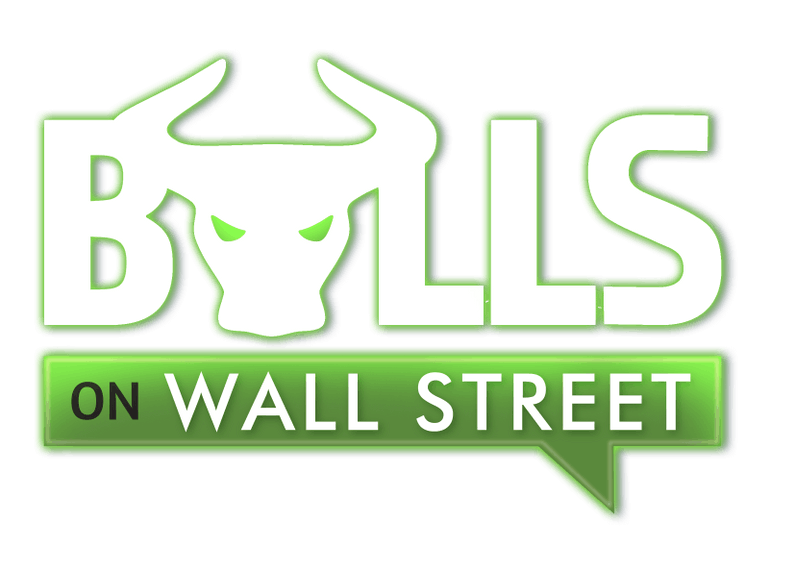Hey Guys! Chris Zielinski (@ckz8780) one of our star bootcamp students recently wrote a great blog post for us on trading under control and his suggestions based on his experience. Chris has really become a great trader and had huge success daytrading. He made over 5k last week alone largely due to mastering control of his trades. Check out all of his other blog posts here and follow along with his journey.
If you are interested in checking out the Bulls 60 day Bootcamp, send me an email mb.willoughby@gmail and I will send you some information. Just ask Chris, it could change your life!
___________________________________________________________________________________________________________
Throughout my short day trading career (about two years at this point) I’ve interacted with many traders. I have been a member of a couple different chat services where I could watch some new traders blossom and others blow up their accounts. I have worked personally, on a daily basis, with many different brand new traders as well as some vastly experienced ones to both tweak my own style as well as to try to help them tweak theirs. Ultimately, some of these traders have stuck it out and become profitable, some are still working on it, and some have decided that trading is not for them.
Personally, I have had many ups and downs in my trading. I’ve had streaks during which I blew 20 trades in a row and streaks of 90%+ win rates. At first I thought this meant I wasn’t a good trader. I thought it meant that I was just too inconsistent to ever do this professionally. Over time, though, I learned that all new traders, for the most part, go through this. I wondered, then, what separates the ones who make it from the ones who blow their accounts five times and finally give up or go broke? Of course there are a million answers to that question, but there is one major theme that I see across almost all profitable traders I’ve encountered, both swing traders and day traders alike, and that theme is control.
 |
| WOOOOOOSSSSAAAAHHHHHH… |
All of the profitable traders I know are in control.
Ok, that’s great. They’re in control. So how do I take control of my trading? What does it mean to be in control? What are the characteristics of a trader who is in control of his or her trading? I’ve put together a list of items that I believe represent a trader who is in control, and ultimately will become profitable, even if s/he’s not right now.
-
They stalk:
Controlled traders stalk their stocks. They may even use the same watchlist for weeks on end, playing the same symbols over and over. They do not necessarily need new stocks to make new trades. I stalked thisBCRX swing trade for over a week before I finally entered it. I’m still holding it, and am up nearly 30% on the trade.
-
They accept loss:
Controlled traders realize that loss is a part of trading. They do not become emotional when they lose. The understand that when they lose it was not personal, and that it was simply because they made a mistake, which can be fixed. Controlled traders see loss as an opportunity to improve their strategy.
-
They trade only when opportunity presents itself:
Controlled traders do not over trade. They may take 20 trades in a day or zero trades for a week. There is no set number, but they only trade when the opportunity is there. Controlled traders never try to create a trade out of nothing.
-
They are systematic:
Controlled traders follow a system. They have defined rules that tell them when it is ok to enter and exit a trade, when it’s best to sit on the sidelines, when it’s best to increase or decrease position size, and many other things. The rules are defined, and they stick to them. They do not falter, not even a little bit. Also,they don’t make excuses to break their own rules.
-
They accept inconsistent income:
Controlled traders realize that they will have a flat day now and then. They understand that while this occupation can generate consistent income over the long term, it does not generate equivalent paychecks every day. They accept that the money they make is a function of the opportunity they capitalize on, not the opportunity that presents itself. If they miss an opportunity, they understand that it is a fault of their own and that they cannot recoup until the next opportunity is available, and they don’t try to.
-
They analyze and review their trades:
Controlled traders analyze and review every trade. If they make a mistake, they understand why. They create a rule so they don’t do it again. They conduct statistical analysis on their trading performance to determine what works and what doesn’t, and they act on their conclusions.
-
They analyze and review others’ trades:
Controlled traders analyze the results of other controlled traders. They often incorporate the successful parts of other strategies into their own, but they do so skeptically and test the strategies rigorously with small positions or on paper trades before trusting them.
-
They commit to their trades:
Controlled traders are not scared out of a trade by a single ugly candle. They trust their instincts, their system, and their rules and they pick only trades which they can commit to. They ride out the ups and downs and trust the major trend. They add to trades that are working for them, and they never add to a losing trade. Controlled traders always honor their stop losses, no matter how much they hate to admit defeat.
-
They admit when they’re wrong:
Controlled traders know when it is time to cut losses and move on. They don’t make excuses. They don’t blame the market for their losses. When a controlled trader loses, they accept that it is either because they didn’t follow their own rules, or because there is a flaw in their system. It is never anyone else fault but their own.
Control is probably the most important aspect of successful and consistently profitable trading. The market is random and erratic, and thus you must have a system and a set of rules that define how you will act under these random circumstances.

